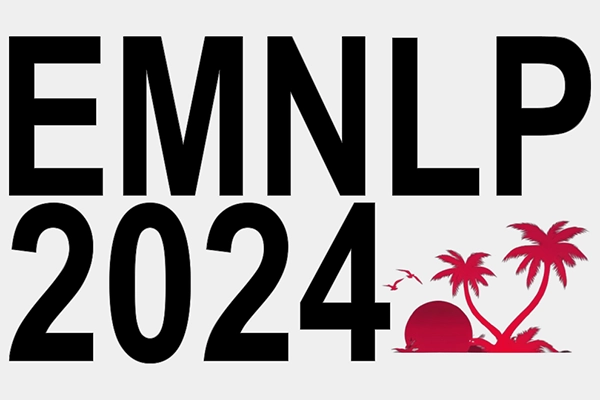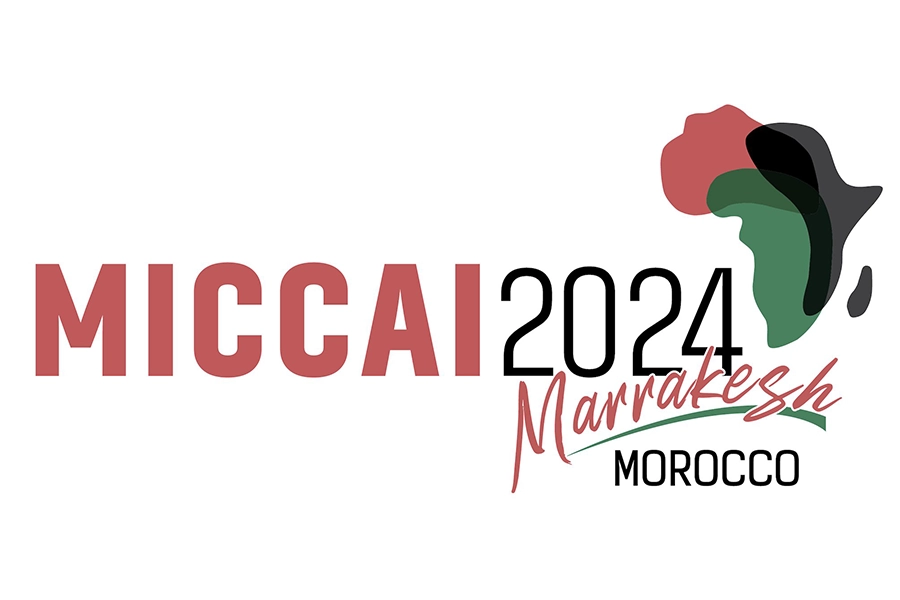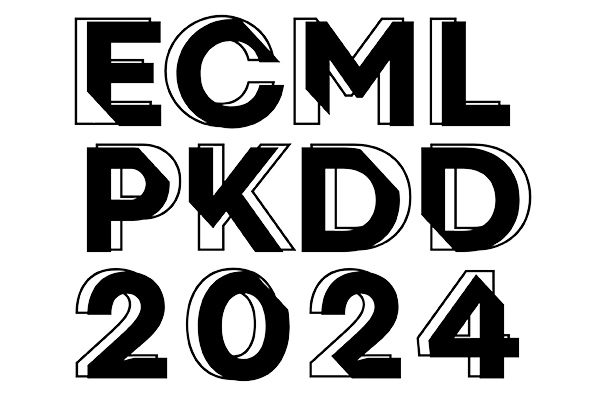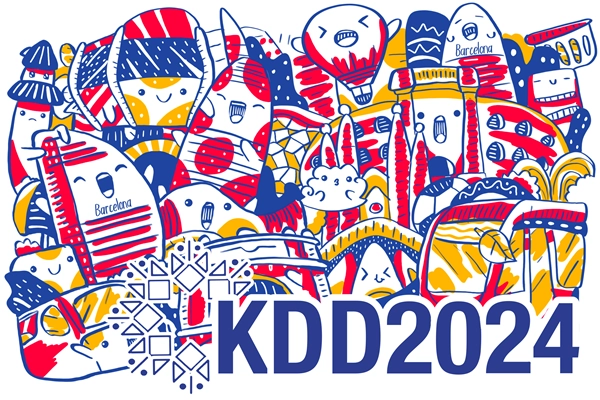17.02.2024

MCML researchers with five papers at AAAI 2024
38th Conference on Artificial Intelligence (AAAI 2024). Vancouver, Canada, 20.02.2024–27.02.2024
We are happy to announce that MCML researchers are represented with five papers at AAAI 2024:
FedDAT: An Approach for Foundation Model Finetuning in Multi-Modal Heterogeneous Federated Learning.
38th Conference on Artificial Intelligence (AAAI 2024). Vancouver, Canada, Feb 20-27, 2024. DOI.
Abstract
Recently, foundation models have exhibited remarkable advancements in multi-modal learning. These models, equipped with millions (or billions) of parameters, typically require a substantial amount of data for finetuning. However, collecting and centralizing training data from diverse sectors becomes challenging due to distinct privacy regulations. Federated Learning (FL) emerges as a promising solution, enabling multiple clients to collaboratively train neural networks without centralizing their local data. To alleviate client computation burdens and communication overheads, previous works have adapted Parameter-efficient Finetuning (PEFT) methods for FL. Hereby, only a small fraction of the model parameters are optimized and communicated during federated communications. Nevertheless, most previous works have focused on a single modality and neglected one common phenomenon, i.e., the presence of data heterogeneity across the clients. Therefore, in this work, we propose a finetuning framework tailored to heterogeneous multi-modal FL, called Federated Dual-Aadapter Teacher (FedDAT). Specifically, our approach leverages a Dual-Adapter Teacher (DAT) to address data heterogeneity by regularizing the client local updates and applying Mutual Knowledge Distillation (MKD) for an efficient knowledge transfer. FedDAT is the first approach that enables an efficient distributed finetuning of foundation models for a variety of heterogeneous Vision-Language tasks. To demonstrate its effectiveness, we conduct extensive experiments on four multi-modality FL benchmarks with different types of data heterogeneity, where FedDAT substantially outperforms the existing centralized PEFT methods adapted for FL.
MCML Authors
Approximating the Shapley Value without Marginal Contributions.
38th Conference on Artificial Intelligence (AAAI 2024). Vancouver, Canada, Feb 20-27, 2024. DOI.
Abstract
The Shapley value, which is arguably the most popular approach for assigning a meaningful contribution value to players in a cooperative game, has recently been used intensively in explainable artificial intelligence. Its meaningfulness is due to axiomatic properties that only the Shapley value satisfies, which, however, comes at the expense of an exact computation growing exponentially with the number of agents. Accordingly, a number of works are devoted to the efficient approximation of the Shapley value, most of them revolve around the notion of an agent’s marginal contribution. In this paper, we propose with SVARM and Stratified SVARM two parameter-free and domain-independent approximation algorithms based on a representation of the Shapley value detached from the notion of marginal contribution. We prove unmatched theoretical guarantees regarding their approximation quality and provide empirical results including synthetic games as well as common explainability use cases comparing ourselves with state-of-the-art methods.
MCML Authors
Mitigating Label Noise through Data Ambiguation.
38th Conference on Artificial Intelligence (AAAI 2024). Vancouver, Canada, Feb 20-27, 2024. DOI.
Abstract
Label noise poses an important challenge in machine learning, especially in deep learning, in which large models with high expressive power dominate the field. Models of that kind are prone to memorizing incorrect labels, thereby harming generalization performance. Many methods have been proposed to address this problem, including robust loss functions and more complex label correction approaches. Robust loss functions are appealing due to their simplicity, but typically lack flexibility, while label correction usually adds substantial complexity to the training setup. In this paper, we suggest to address the shortcomings of both methodologies by ‘ambiguating’ the target information, adding additional, complementary candidate labels in case the learner is not sufficiently convinced of the observed training label. More precisely, we leverage the framework of so-called superset learning to construct set-valued targets based on a confidence threshold, which deliver imprecise yet more reliable beliefs about the ground-truth, effectively helping the learner to suppress the memorization effect. In an extensive empirical evaluation, our method demonstrates favorable learning behavior on synthetic and real-world noise, confirming the effectiveness in detecting and correcting erroneous training labels.
MCML Authors
Beyond TreeSHAP: Efficient Computation of Any-Order Shapley Interactions for Tree Ensembles.
38th Conference on Artificial Intelligence (AAAI 2024). Vancouver, Canada, Feb 20-27, 2024. DOI.
Abstract
While shallow decision trees may be interpretable, larger ensemble models like gradient-boosted trees, which often set the state of the art in machine learning problems involving tabular data, still remain black box models. As a remedy, the Shapley value (SV) is a well-known concept in explainable artificial intelligence (XAI) research for quantifying additive feature attributions of predictions. The model-specific TreeSHAP methodology solves the exponential complexity for retrieving exact SVs from tree-based models. Expanding beyond individual feature attribution, Shapley interactions reveal the impact of intricate feature interactions of any order. In this work, we present TreeSHAP-IQ, an efficient method to compute any-order additive Shapley interactions for predictions of tree-based models. TreeSHAP-IQ is supported by a mathematical framework that exploits polynomial arithmetic to compute the interaction scores in a single recursive traversal of the tree, akin to Linear TreeSHAP. We apply TreeSHAP-IQ on state-of-the-art tree ensembles and explore interactions on well-established benchmark datasets.
MCML Authors
Keep the Faith: Faithful Explanations in Convolutional Neural Networks for Case-Based Reasoning.
38th Conference on Artificial Intelligence (AAAI 2024). Vancouver, Canada, Feb 20-27, 2024. DOI.
Abstract
Explaining predictions of black-box neural networks is crucial when applied to decision-critical tasks. Thus, attribution maps are commonly used to identify important image regions, despite prior work showing that humans prefer explanations based on similar examples. To this end, ProtoPNet learns a set of class-representative feature vectors (prototypes) for case-based reasoning. During inference, similarities of latent features to prototypes are linearly classified to form predictions and attribution maps are provided to explain the similarity. In this work, we evaluate whether architectures for case-based reasoning fulfill established axioms required for faithful explanations using the example of ProtoPNet. We show that such architectures allow the extraction of faithful explanations. However, we prove that the attribution maps used to explain the similarities violate the axioms. We propose a new procedure to extract explanations for trained ProtoPNets, named ProtoPFaith. Conceptually, these explanations are Shapley values, calculated on the similarity scores of each prototype. They allow to faithfully answer which prototypes are present in an unseen image and quantify each pixel’s contribution to that presence, thereby complying with all axioms. The theoretical violations of ProtoPNet manifest in our experiments on three datasets (CUB-200-2011, Stanford Dogs, RSNA) and five architectures (ConvNet, ResNet, ResNet50, WideResNet50, ResNeXt50). Our experiments show a qualitative difference between the explanations given by ProtoPNet and ProtoPFaith. Additionally, we quantify the explanations with the Area Over the Perturbation Curve, on which ProtoPFaith outperforms ProtoPNet on all experiments by a factor >10^3.
MCML Authors
17.02.2024
Related

06.11.2024
MCML researchers with 20 papers at EMNLP 2024
Conference on Empirical Methods in Natural Language Processing (EMNLP 2024). Miami, FL, USA, 12.11.2024 - 16.11.2024

01.10.2024
MCML researchers with 16 papers at MICCAI 2024
27th International Conference on Medical Image Computing and Computer Assisted Intervention (MICCAI 2024). Marrakesh, Morocco, 06.10.2024 - 10.10.2024

26.09.2024
MCML researchers with 18 papers at ECCV 2024
18th European Conference on Computer Vision (ECCV 2024). Milano, Italy, 29.09.2024 - 04.10.2024

10.09.2024
MCML at ECML-PKDD 2024
We are happy to announce that MCML researchers are represented at ECML-PKDD 2024.

20.08.2024
MCML researchers with two papers at KDD 2024
30th ACM SIGKDD International Conference on Knowledge Discovery and Data (KDD 2024). Barcelona, Spain, 25.08.2024 - 29.08.2024







